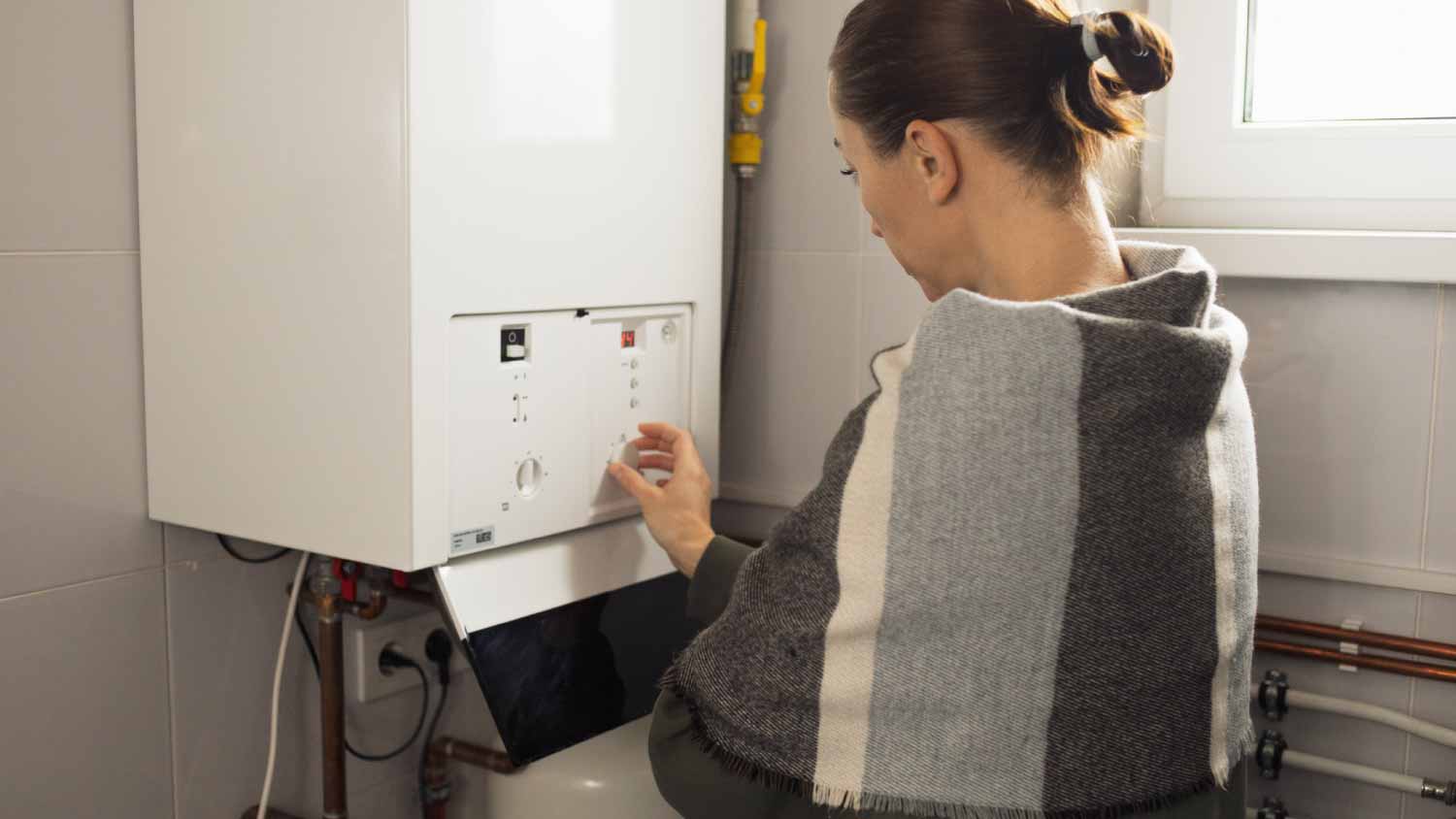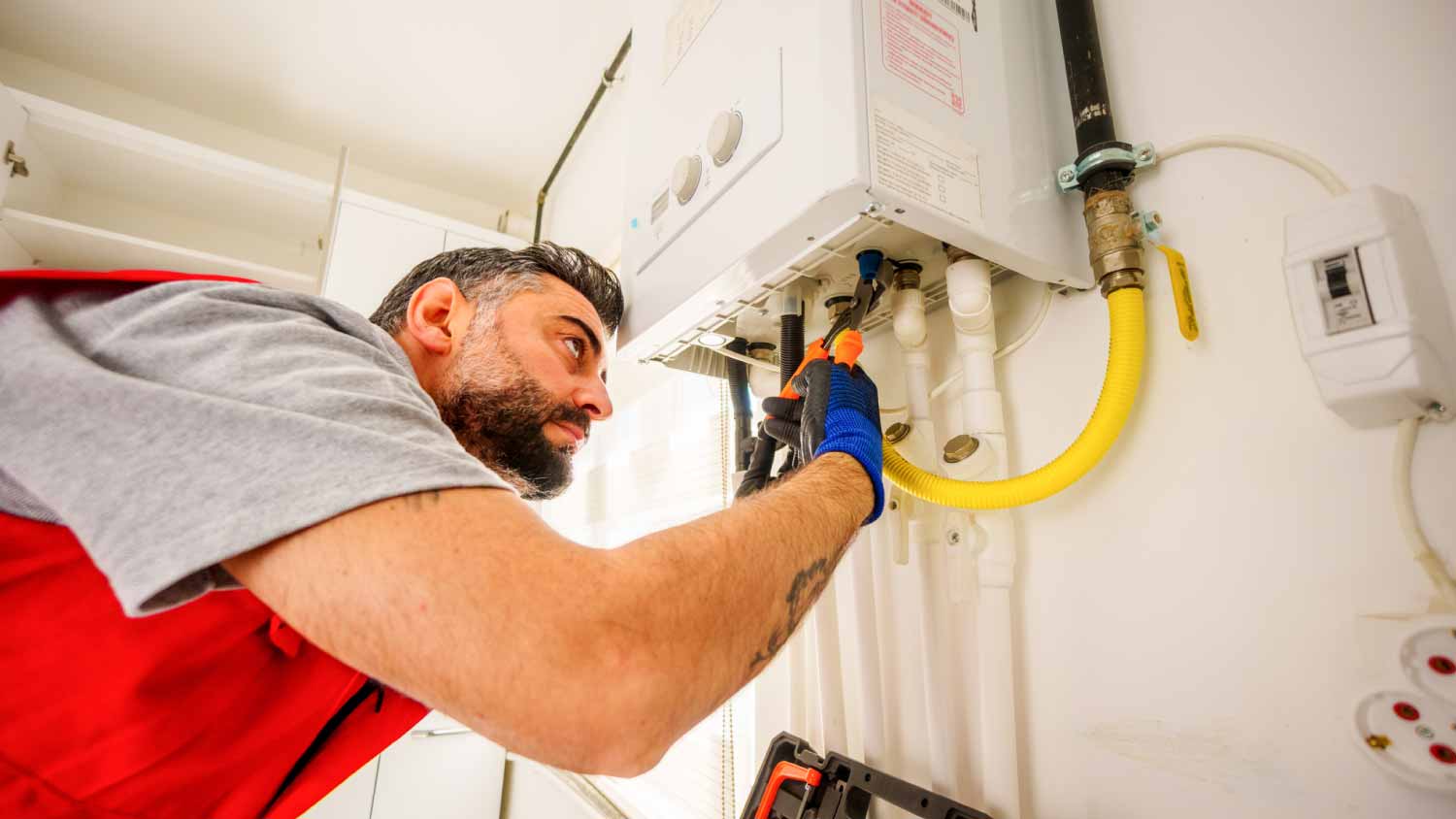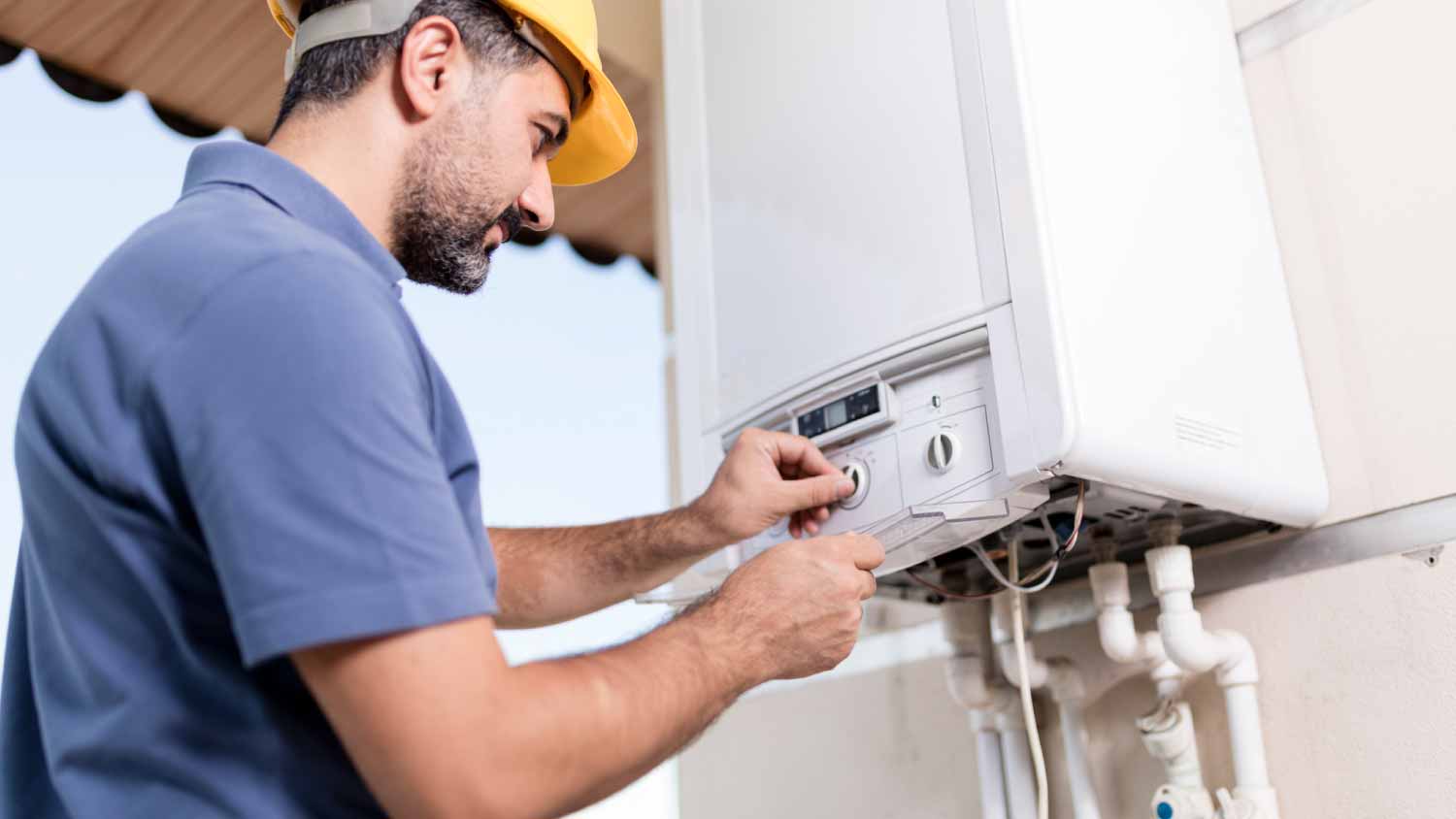How Long Does a Gas Water Heater Last?
Don’t get caught in the cold with a broken water heater


Your gas water heater works hard to keep your home’s water at a comfortable temperature. If you’re buying a new one or thinking of replacing your current one, you may wonder: how long does a gas water heater last? On average, it will last between eight and 12 years, though with excellent maintenance and timely repairs, it can last as long as 15 years. Learn what factors influence the lifespan of your gas water heater and what you can do to give it a long, productive life.
How Long Does a Gas Water Heater Last?
Your gas water heater should keep your water nice and toasty for eight to 12 years (sometimes 15 if you are lucky and maintain the water heater well). The exact lifespan depends on factors like water quality, usage, and routine upkeep. Tankless gas water heaters tend to last longer, often around 20 years, since they don’t store water that can lead to corrosion.
Factors Influencing How Long a Gas Water Heater Lasts
It can be hard to predict how long a gas water heater will last, but knowing what factors can speed up the decline of this appliance’s efficiency can help you avoid unnecessary hiccups down the road.
Climate
Hard water with a high mineral content can cause sediment buildup in the tank, leading to inefficiency and premature failure. Extreme cold can also cause pipes to freeze, putting extra strain on the heater.
Installation
A poorly installed gas water heater may suffer from gas line leaks, poor ventilation, or incorrect pressure settings, all of which can reduce its efficiency and shorten its lifespan.
Usage
Frequent hot water use, such as in large households, puts more strain on the heater, potentially shortening its longevity.
Maintenance
Regular flushing to remove sediment buildup, checking the anode rod, and inspecting the pressure relief valve can all help extend a water heater’s life. Neglecting maintenance can lead to premature failure.
Signs It’s Time to Replace a Gas Water Heater

Be on the lookout for these warning signs that you need a new water heater. They indicate your water heater is not working well and it may be nearing the end of its life:
Lukewarm or inconsistent water temperature
Rusty or discolored water coming from hot water taps
Strange noises like rumbling or popping, often caused by sediment buildup
Leaks around the base of the unit, which may indicate internal corrosion
Frequent need for repairs or pilot light issues
How to Increase the Lifespan of a Gas Water Heater
With a little planning and elbow grease, you can take easy steps at home to increase the lifespan of your gas water heater, making your investment stretch further.
Troubleshooting Tips for Gas Water Heaters
If you experience issues with your water heater, try these troubleshooting steps before calling a professional:
No hot water: Check if the pilot light is out and relight it.
Water is too hot or too cold: Adjust the thermostat settings.
Strange noises: Sediment buildup may need flushing.
Leaking water: Inspect the tank and connections for leaks.
Warranties for Gas Water Heaters
Most gas water heaters come with warranties ranging from six to 12 years. Review your warranty coverage for details on repairs or replacements. If your unit fails before the warranty expires, you may be eligible for a replacement or reimbursement. Investing in an extended warranty can provide peace of mind, especially for homeowners in areas with hard water.
Repairing vs. Replacing a Gas Water Heater
If your water heater is over 10 years old and frequently needs repairs, replacement is often the more cost-effective choice. However, you can call a water heater installation specialist near you to help you decide the best course of action. If the issue is minor—like a faulty thermostat or pressure valve—a simple repair may extend its life a few more years. On average, water heater replacement costs between $880 and $1,800.
Frequently Asked Questions
You should replace your gas water heater when it’s reached the end of its lifespan, which is a maximum of 12 years in most cases. If your unit is over a decade old and showing signs of inefficiency, leaks, or frequent malfunctions, it may be time to replace your water heater. Research how to best maintain your gas water heater to help extend its lifespan.
Signs of a failing water heater include inconsistent water temperature, discolored water, loud rumbling noises, and visible leaks. If you notice any of these, it’s best to consult an experienced water heater professional for an inspection. By staying proactive with maintenance and monitoring performance, you can maximize the lifespan of your gas water heater and avoid unexpected cold showers.















